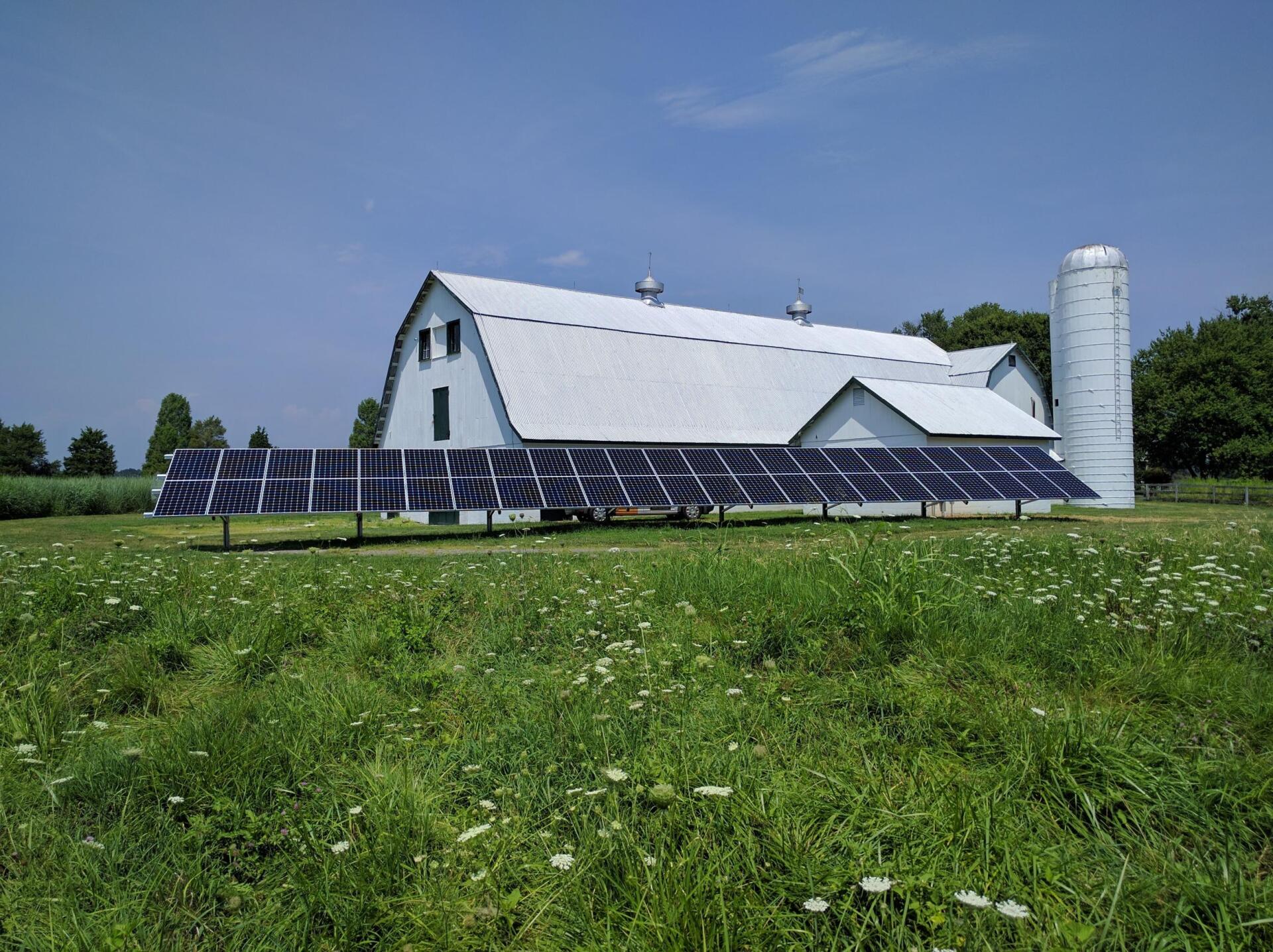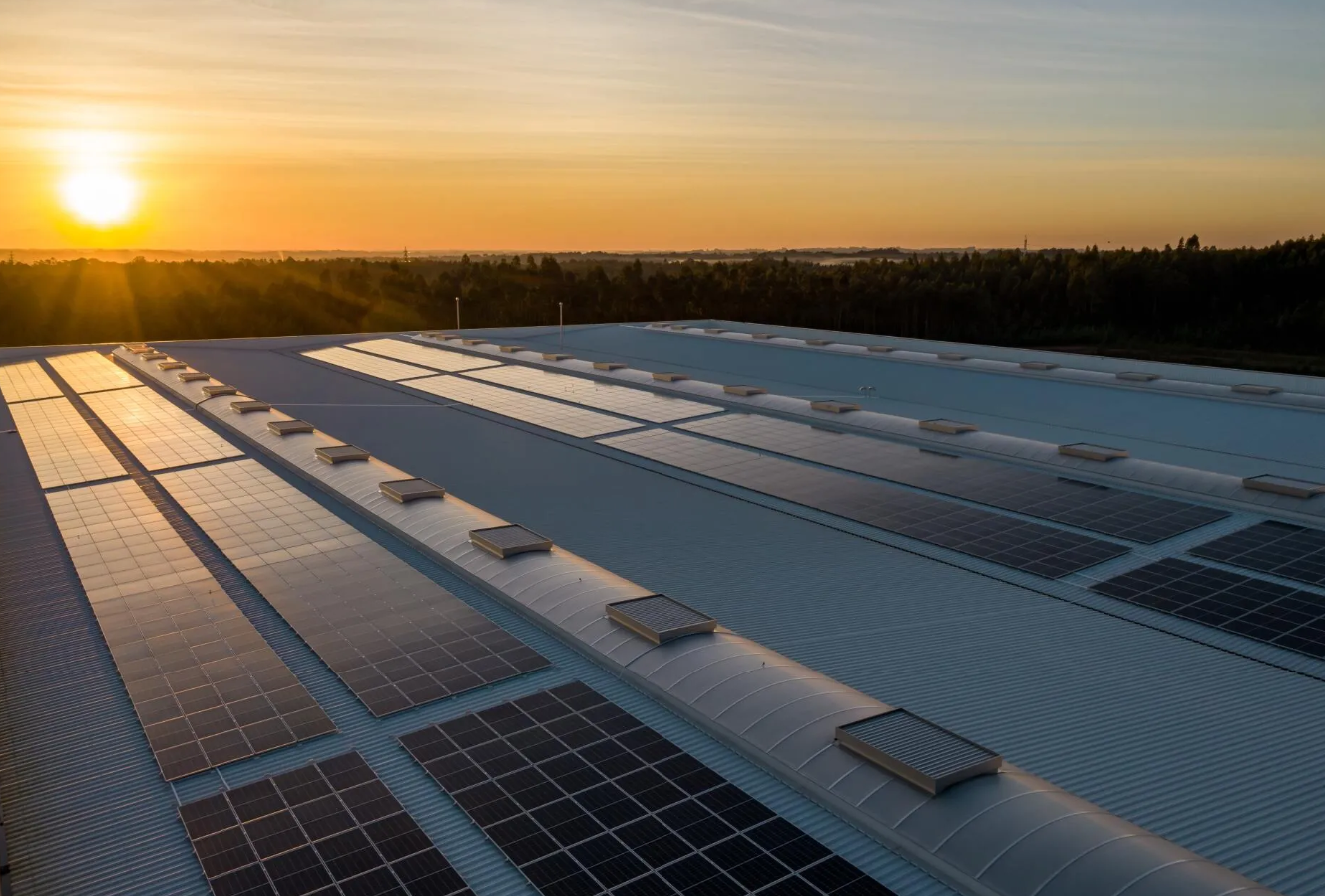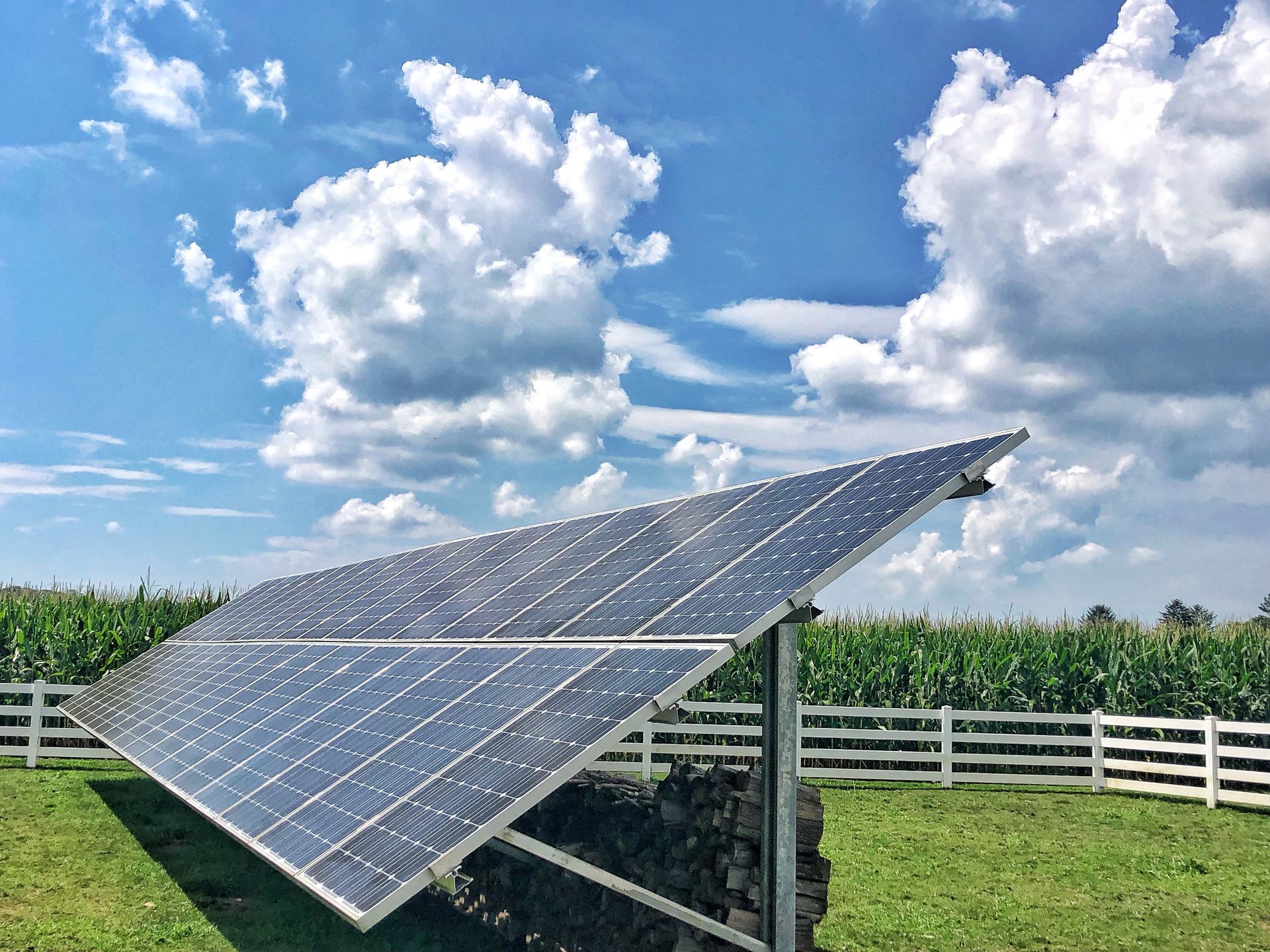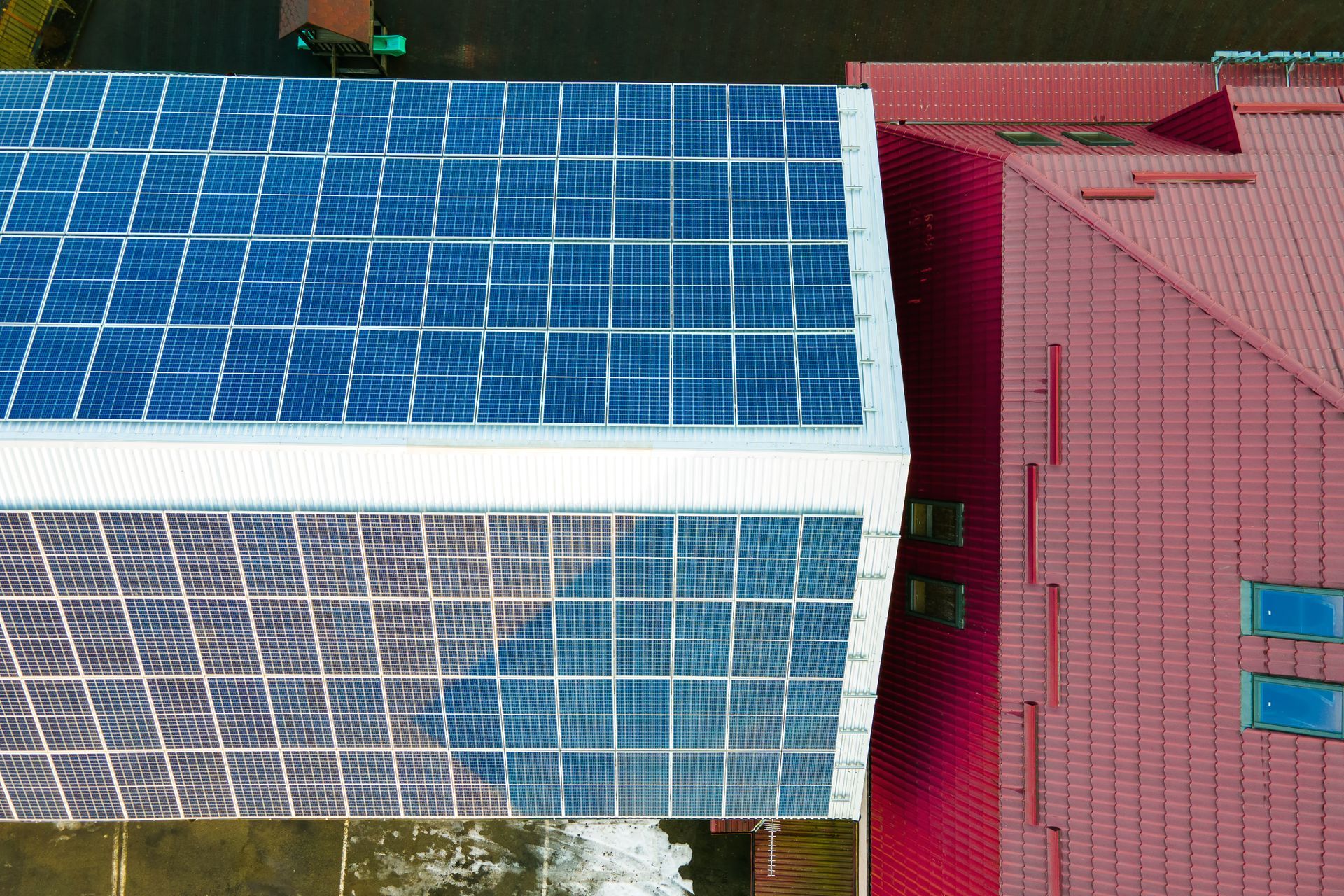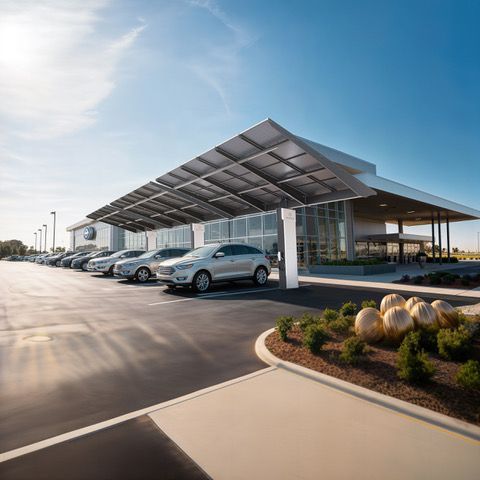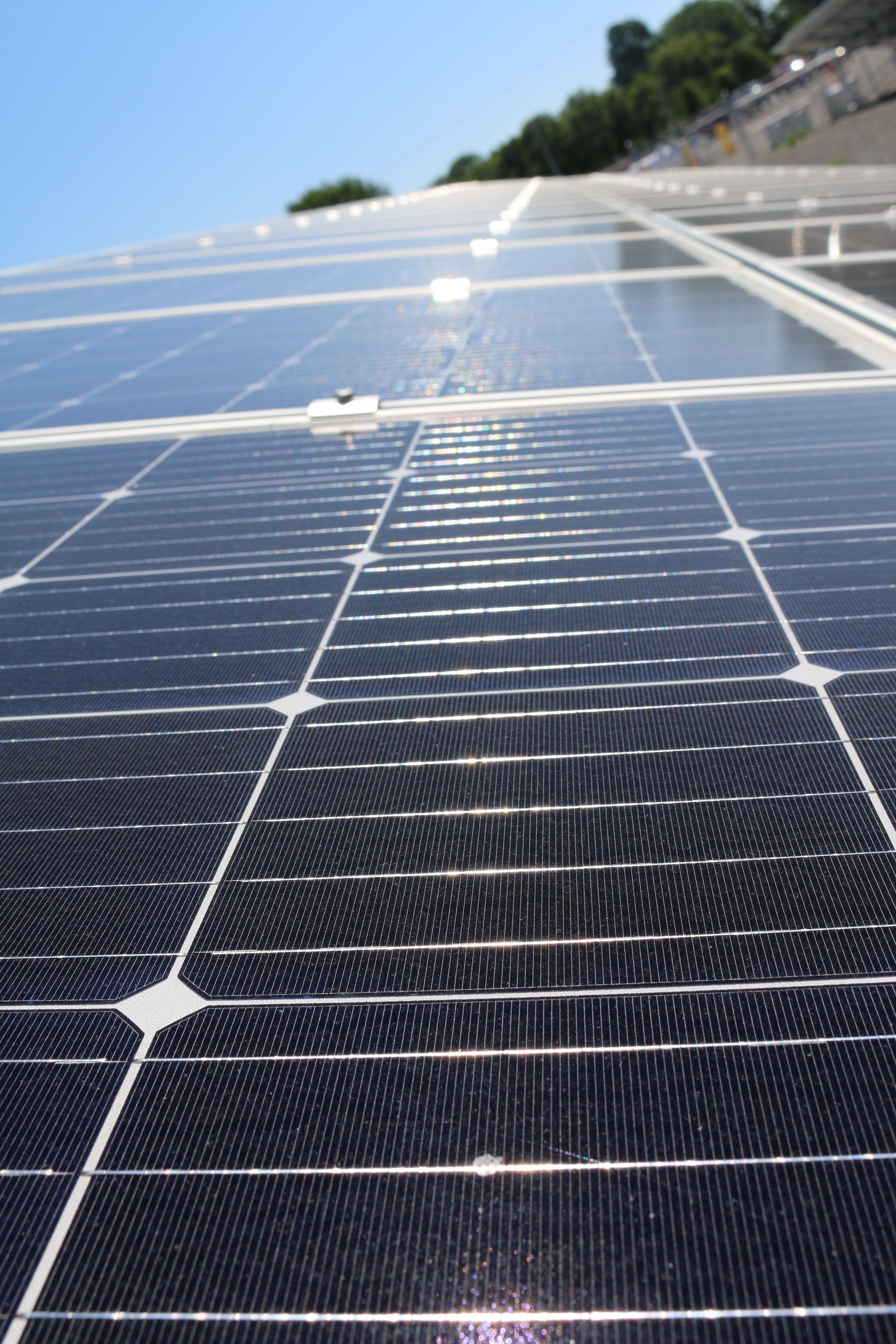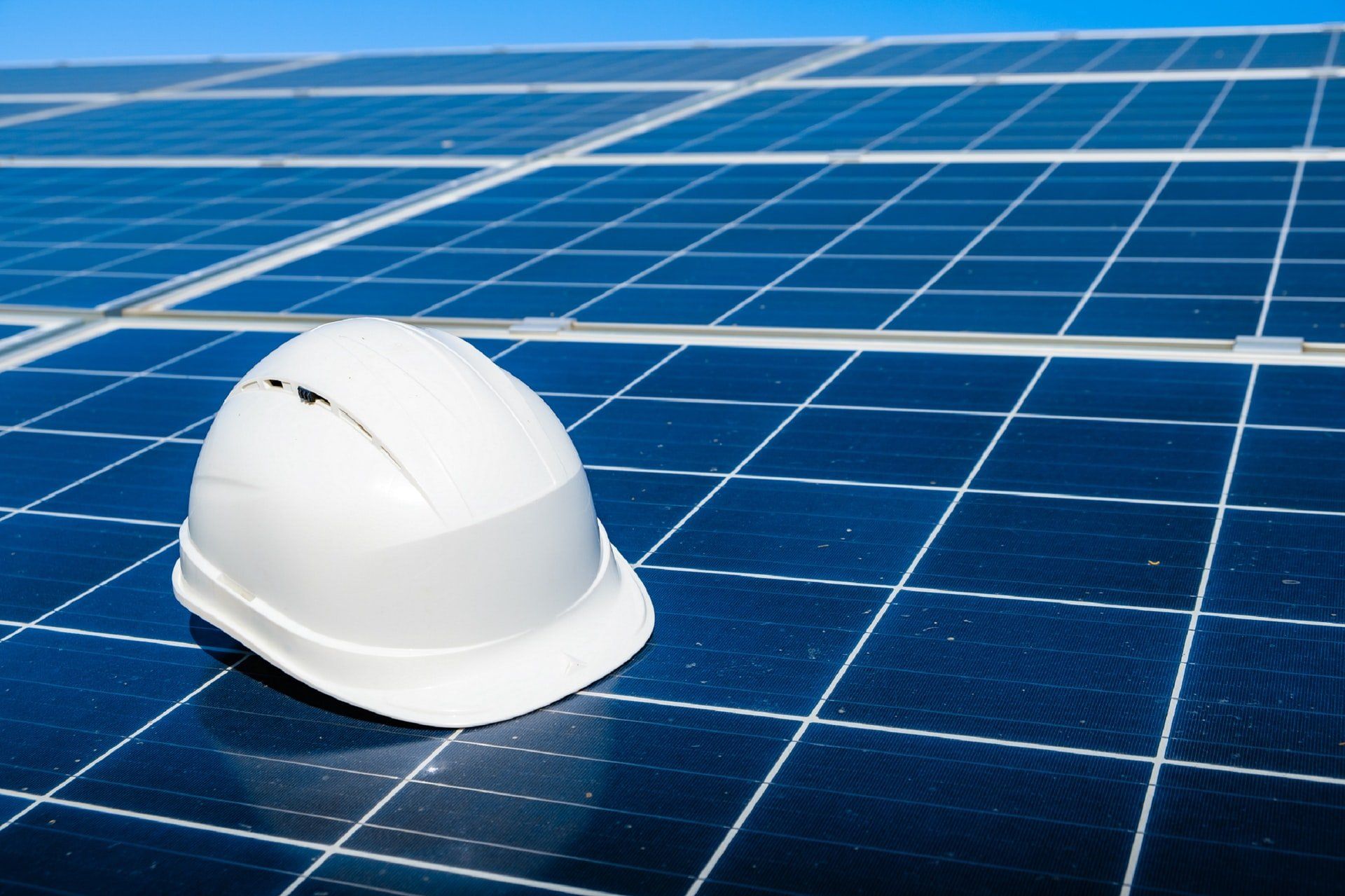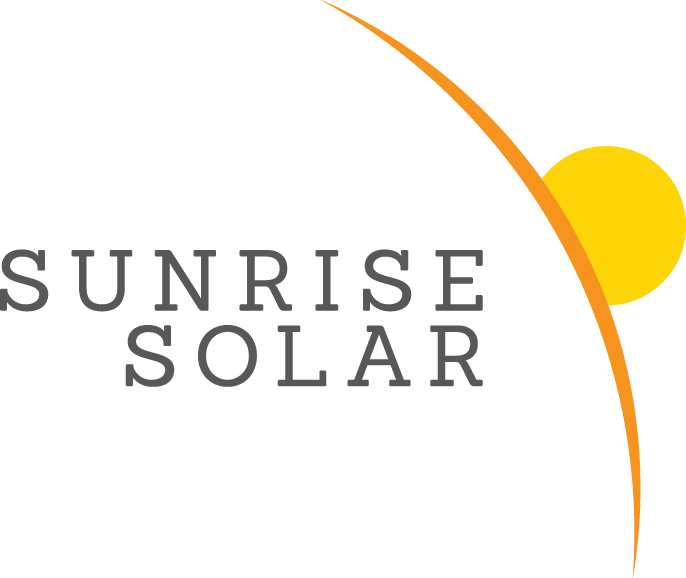What Is Solar Energy? Common Solar Terms Defined
Solar energy doesn’t have to be confusing or complicated. If you’ve been looking at solar systems for your home, business, farm or school, you’ve probably heard some unfamiliar industry jargon. We’re here to simplify your solar experience with this A-to-Z glossary, helping you learn more about this source of clean renewable power.
Top Solar Energy Terms Defined
Alternative Energy
Energy generated in ways that are less harmful to the environment because they are not as dependent on finite natural resources, particularly fossil fuels such as oil, coal or natural gas. Examples are solar, wind, geothermal and hydroelectric. (See renewable energy.)
Array
Multiple solar cells make up a solar panel, and multiple panels can be wired together to form a solar array. The more panels you install, the more energy you can expect to generate, but depending on the efficiency of your panels, you may be able to make the same amount of energy with fewer panels. (See solar panel efficiency and solar cell.)
Balance of System (BOS)
All of the other physical parts that make up a solar system outside of the panels: inverters, wiring, mounting hardware, monitoring system.
Efficiency
When referring to a solar cell or a solar panel, efficiency refers to the percentage of sunlight captured and converted into usable electricity. (See solar panel efficiency.)
Electrical (or Electric or Utility) Grid
The interconnected network of equipment that delivers electricity from suppliers to consumers. Often called “the grid,” this infrastructure is made up of generating stations that produce electrical power; high-voltage transmission lines that carry power from distant sources to demand centers; and distribution lines that connect individual customers to the system. In other words, the poles and wires that transport electricity from where it’s made to your home or business.
Ground-mounted Solar
A solar array installed on land; used primarily for large-scale commercial and utility-scale solar projects such as power plants that generate power for thousands of homes and businesses.
Interconnection Agreement
A contract between the homeowner and the local utility allowing the homeowner to connect their solar power system to the electric grid. In some areas, this enables the homeowner to receive a credit on their electricity bill from the utility for any surplus electricity their solar power system generates. (See also net metering.)
Inverter
A solar power system generates direct current (DC) electricity, yet homes and businesses use alternating current (AC) electricity to power electronic devices. A solar inverter takes the DC electricity from the solar system and uses it to create AC electricity. Inverters are like the brains of the solar system. Along with converting DC to AC power, they also provide ground fault protection and system stats including voltage and current on AC and DC circuits and energy production.
Micro-inverter
The introduction of micro-inverters is one of the biggest technology shifts in the photovoltaic (PV) industry. Placed on the back of each solar panel, a micro-inverter optimizes energy production for each individual solar panel, not just for an entire solar system, as central inverters do. This enables every solar panel to perform at its maximum potential. It means one underperforming solar panel won't drag down the performance of entire solar array, as opposed to central inverters that optimize for the weakest link. (See also photovoltaic.)
Module
Another name for a solar panel. (See solar panel.)
Mounting Hardware
The racking and mounting equipment used to secure solar panels to rooftops (or to trackers in ground mounted power plant installations) and to each other; often made with lightweight aluminum frames and clips capable of withstanding the elements while minimizing impact to the roof.
Net Metering
When a grid-tied solar system produces more energy than is needed, the excess power is sent to the electrical grid to be redistributed where it’s needed. This is called “back feeding” the grid. At night, the grid will provide conventionally created power for the solar customer’s use. A net meter records the energy sent compared to the energy received from the grid and credits or charges the user according to local rates and rules. Forty-four states currently offer net metering or some variation of it.
Operations and Maintenance (O&M)
The ongoing operational needs of a solar system, including cleaning, repairs, replacement of parts, bill management and so on; primarily refers to larger-scale commercial and utility-scale solar systems.
Photovoltaic (PV)
PV technologies convert sunlight to electricity through a naturally occurring process in certain types of material, which are called semiconductors. When photons (energy particles) from the sun hit semiconducting materials such as silicon, electrons are knocked free from their atoms. If conductors are attached to the positive and negative sides of a solar cell, it forms an electrical circuit. When electrons flow through such a circuit, they generate electricity, powering electrical devices or sending electricity to the grid.
Renewable Energy
Energy generated from sources that naturally continually renew themselves, such as sunlight, wind, geothermal heat or tidal movement. (See also alternative energy.)
Solar Batteries (or Storage)
Solar storage systems are comprised of high-capacity rechargeable batteries (or battery banks) that can store excess energy generated by a solar system for use at night or as a backup during emergency grid outages or other times when the solar system cannot generate energy in real time. Batteries suited for solar incorporate a variety of technologies, including lead acid, lithium-ion or flow batteries.
Solar Canopies
Solar panel arrays that are raised above the ground on structures that leave the land underneath usable for other purposes, such as parking lots. (See also array, solar carports.)
Solar Carports
Solar panel arrays that are raised above parking lots to provide both shade and energy production. (See also solar canopies.)
Solar Cell
A single light-capturing unit in a PV solar panel; solar cells are made of silicon, like semiconductors. They are constructed with a positive layer and a negative layer, which together create an electric field, just like in a battery, and are extremely thin and light.
Solar Panel Efficiency
The percentage of sunlight that solar panels can convert to electricity. The first solar panels had about 6 percent efficiency. We use cutting edge solar panels which have the world record for efficiency of commercially available panels — 22.8%, but a panel they recently developed in the lab was verified at 24.1% efficiency. Solar panel efficiency matters because high-efficiency panels can generate more power in less space over time than conventional panels, so you need fewer panels to get a higher return on your investment.
Solar Dealer
A company that sells solar equipment to homeowners, businesses and other organizations; may sell products from one or many manufacturers and may also provide installation and maintenance services.
Solar Design
The layout and orientation of a solar system, optimized for maximum energy production based on roof or land characteristics, the angle of the sun, shading, climate and aesthetic appeal.
Solar Installer
An expert or company that specializes in delivering and physically installing solar equipment on buildings and homes.
Solar Monitoring
Specialized software used to track and manage energy generation and usage, billing, carbon offsets and more; can be accessed via a mobile device, home computer or a remote operations center.
Solar Panel (or Module)
PV solar panels are made up of many solar cells linked together to form a circuit and are mounted in a frame. PV solar panels generate DC electricity, which must then be converted to AC electricity by an inverter because the U.S. electrical grid uses AC power. (See also inverter, photovoltaic.)
Solar Panel Cleaning
Rooftop home solar panels usually are naturally cleaned by seasonal rains or melting snow, but excessive build up of dirt or debris can reduce efficiency. Panels can be sprayed off when they’re cool (in the early morning or evening) with a garden hose and gently wiped with a soft sponge or cloth – or owners can hire a cleaning professional for the job.
Solar Panel Contractors
Construction professionals who are specially trained to install solar equipment. (See also solar installer.)
Solar Power Plant
A large-scale, usually ground-mounted solar array built for utility or commercial use.
Solar Shingles (or Tiles)
Thin-film photovoltaic strips or tiles that can be applied directly to roofing cloth, just like regular roofing shingles. These solar shingles capture sunlight and convert it to electricity but do so less efficiently. (See also photovoltaic.)
Thin-film Solar
PV solar technology constructed with very thin layers of PV material to create lightweight, often flexible sheets of solar energy-producing modules. Thin-film solar is generally cheaper and more versatile than conventional solar panels, but it is also less efficient and degrades more quickly over time.
Tracker
Mounting hardware used in power plant installations enabling solar panels to move and follow the sun throughout the day, increasing solar electricity production. (See ground-mounted solar.)
Zero Net Energy
Zero net energy (ZNE) (also referred to as net zero energy) identifies homes or buildings that generate as much energy as they consume, usually via a combination of green building techniques that include a solar energy system.
